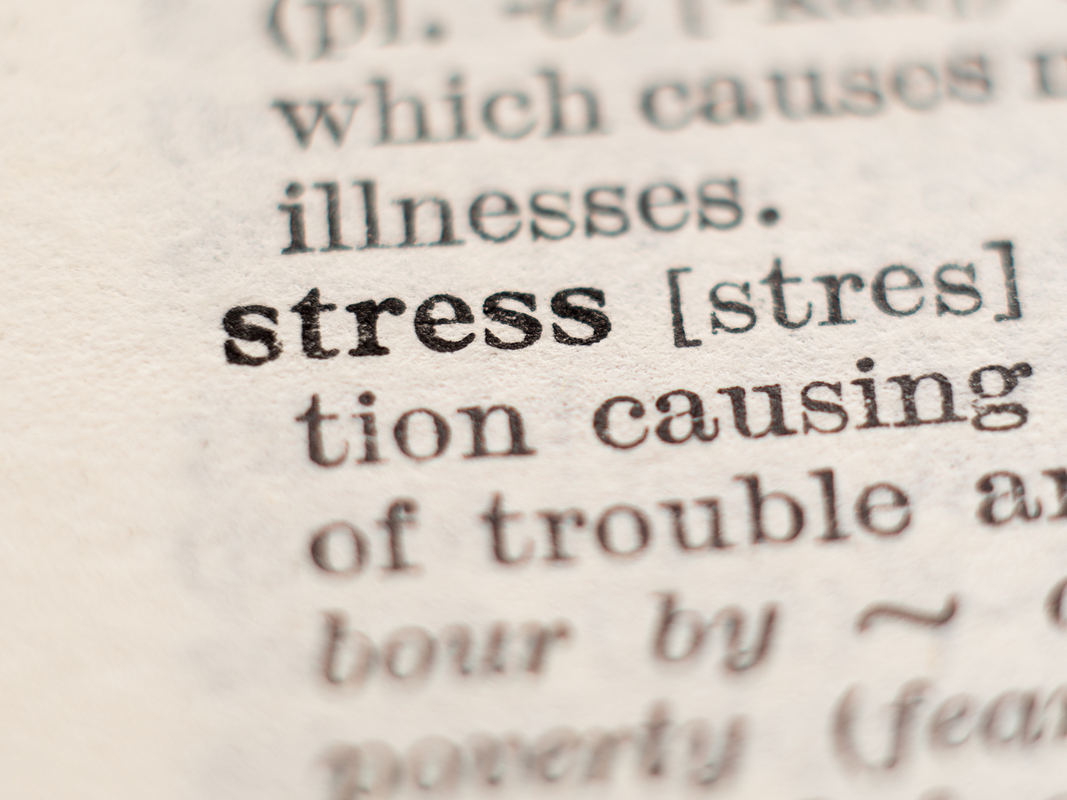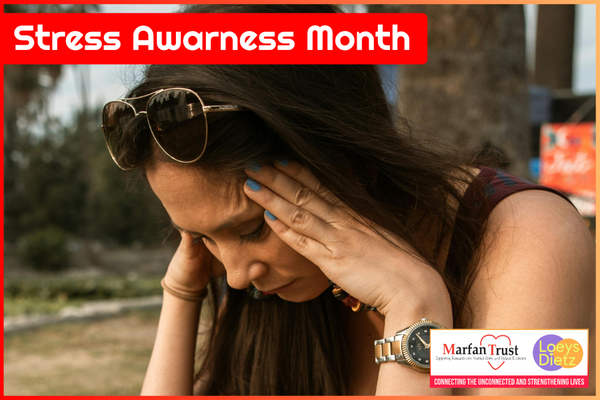Stress can motivate or debilitate. It can be short-lived, or last a long time. Most people feel stressed at some point, but when it affects your health and life, it is time to seek help. Read on for some stress-busting tactics.

According to the dictionary definition, stress “is a state of mental or emotional strain, or tension, resulting from adverse or demanding circumstances”. A degree of stress can sometimes be constructive and ‘inspirational’, a looming deadline that propels you into action, for example, but it can also depress and overwhelm. Essentially, there is stress and there is STRESS!
It’s helpful to discuss the different types of stress described by healthcare professionals as:

Acute Stress: acute means severe or sudden in onset. It usually happens within a few minutes to a few hours of an event. It lasts for a short period of time, usually less than a few weeks, and is very intense. It can happen after an upsetting or unexpected event. For example, this could be a sudden bereavement, assault or natural disaster.
And …
Chronic Stress: in medicine, chronic refers to a condition that lasts a long time. Chronic stress is long-lasting or constantly returning. You might experience this if you are under lots of pressure much of the time. You might also feel chronic stress if your day-to-day life is difficult.
While Marfan syndrome is principally a physical condition, the psychological ramifications can be huge. Living with the condition can induce acute stress - the prospect of surgery, for example, while Chronic stress is more complicated, and consequently difficult to unravel and treat. It can occur in response to unrelieved situations such as worry over finances (see link), and anxiety of long-term health problems.
Whilst we don’t have a panacea for stress, we can offer help including peer Support and free one-to-ones with members of our Team here at the Marfan Trust. The power of peer support cannot be underestimated so do feel free to email us if you are interested in meeting a fellow patient for a cathartic conversation. And if your head is brimming with worries about your health and you don’t know where to turn, then book an appointment with our nurse specialist.

In the meantime, we have assembled some tried-and-tested tactics to relieve stress.
“11 stress busters” from the NHS website
· Identify the cause of your stress
· Take Control (if you think you cannot do antying about your problem, your stress can get worse. The feeling of loss of control is one of the main causes of stress and lack of wellbeing).
· Connect with people: a good support network of colleagues, friends and family can ease your work troubles and help you see things in a different way.
· Have some “me time” (for example, self-care days where you spend time alone doing activities you enjoy, reading, drawing, watching a movie)
· Challenge yourself (learn a new sport, language which can help build confidence)
· Avoid unhealthy habits including drinking and smoking.
· Help other people (volunteering)
· Work smarter, not harder (leave least important tasks to last, take it one step at a time)
· Try to be positive
Examples of stress relief activities
· Walking
· Yoga
· Meditation
· Journaling
Examples of stress relief apps:
· Headspace
· Calm
· Pacifia
Reading affirmations can remind you that you are capable of tackling anything difficult. Using the “I am” app will send you notifications every hour of positive affirmations that you can read to yourself. This may help in cultivating an optimistic attitude.
And finally, here are some useful links to pursue:
https://www.nhs.uk/mental-health/self-help/guides-tools-and-activities/tips-to-reduce-stress/









